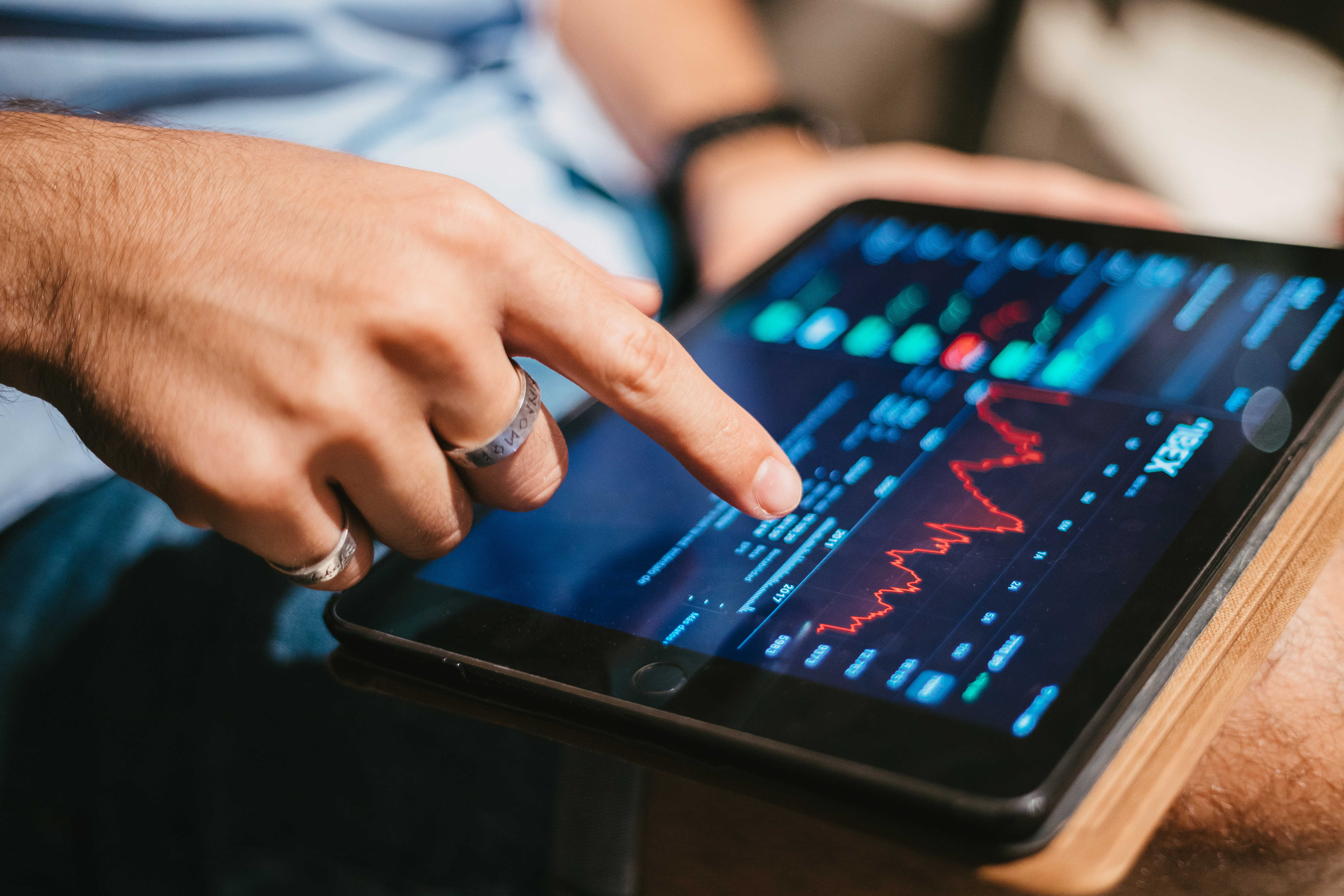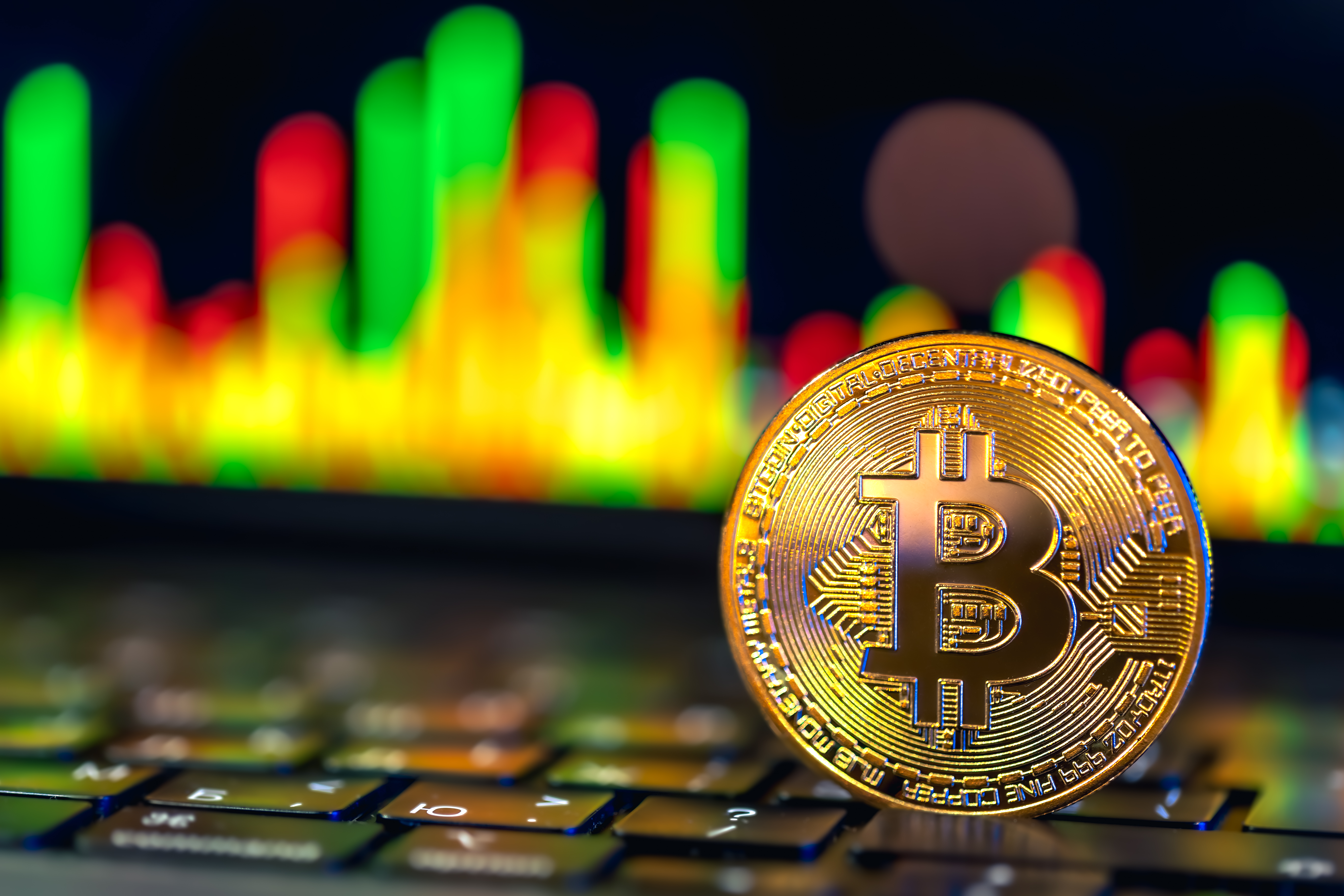Openbank, Grupo Santander’s fully digital bank, now allows customers in Germany to buy, sell, and hold major cryptocurrencies, including Bitcoin, Ether, Litecoin, Polygon, and Cardano.
The service integrates seamlessly with existing investments, removing the need to transfer funds to other platforms. It also provides the protection of MiCA regulations and the backing of Santander.
Competitive fees of 1.49% per trade apply, with no custody charges, and the service will soon be available to customers in Spain. Over the coming months, Openbank plans to expand its portfolio and introduce new features, such as direct conversion between different digital assets.
The launch strengthens Openbank’s investment offerings in Germany, complementing its Robo Advisor and thousands of stocks, funds, and ETFs. It also includes an AI-powered broker platform providing target prices for European and US stocks.
Grupo Santander emphasises that the new crypto trading service responds to customer demand while broadening the bank’s range of innovative, technology-driven investment products.
Would you like to learn more about AI, tech and digital diplomacy? If so, ask our Diplo chatbot!









